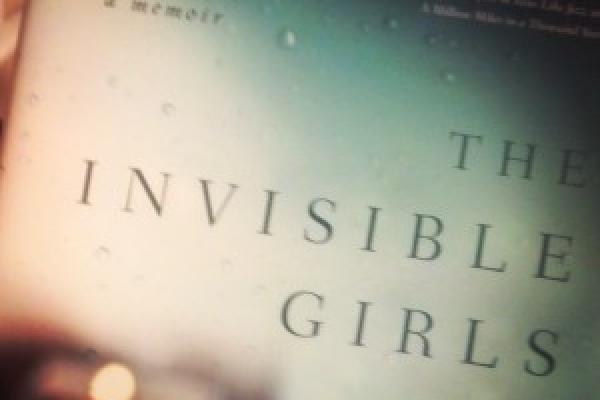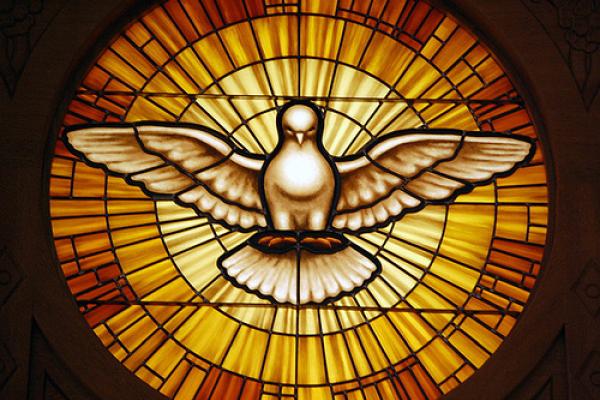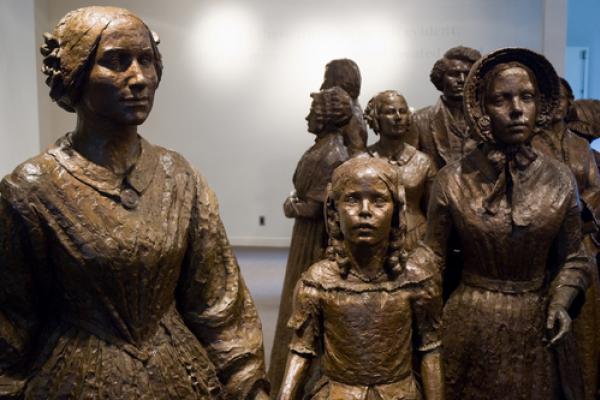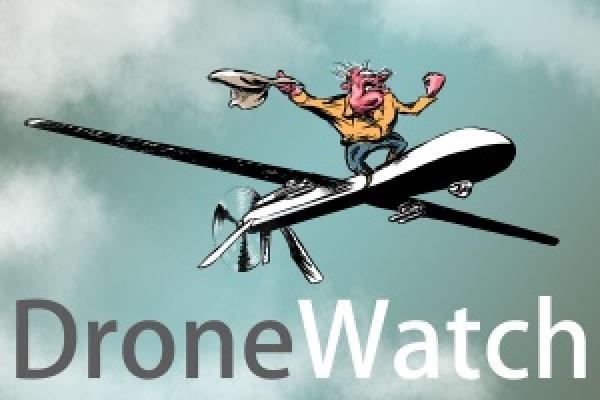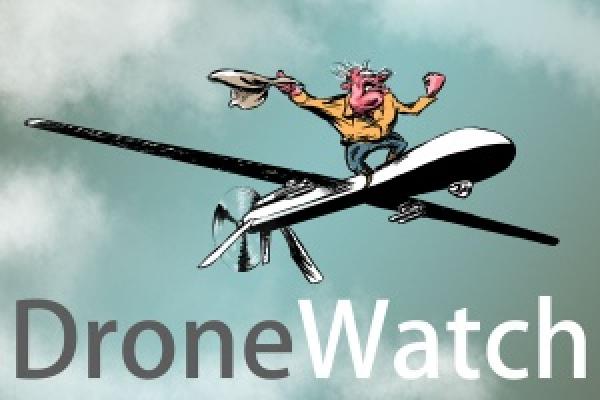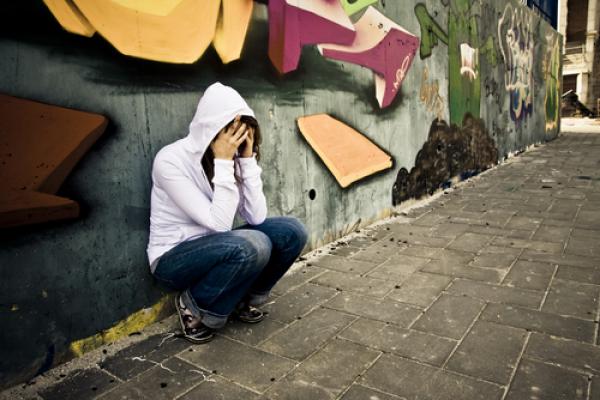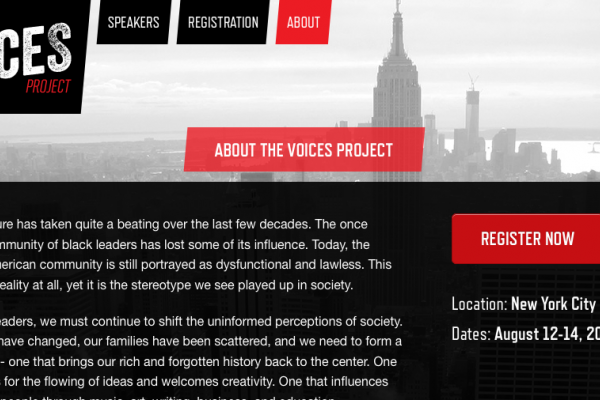Sarah Thebarge is the author of The Invisible Girls, a new memoir from Jericho Books. I was fortunate to get a few minutes to ask her a few questions about her touching, funny, compelling new piece of work.
Q: Your book is about Somali Refugees and also about your survival of breast cancer. How do you write one book about both things?
A: When I met the Somali mom and her girls on the MAX the first time, we had a lot of differences – different religions, ethnicities, skin color, and language. But as I developed a relationship with them, I realized that we had a lot in common at the core. Because I’d been a little girl growing up in a fundamentalist culture, where men buried you under yards of fabric and lists of rules and taught you that women were supposed to be silent. And I knew what it was like to be a refugee of sorts, because after I nearly died of cancer in my 20s, I sold everything I had and got on a plane with a suitcase of clothes and flew from the east coast to Portland, Ore., and started over. And so even though the narrative lines of the Somali refugee family and my cancer experiences seem disparate, they actually weave together well, because all this time, I’d been an Invisible Girl, too.
All were amazed and perplexed, saying to one another, ‘What does this mean?’
Acts 2.12 (NRSV)
Charles Ramsey, the African American male dishwasher who rescued Amanda Berry from captivity preached a transforming sermon when he shared his story about how he helped a Euro American woman in distress escape from 10-years of captivity. Ramsey boldly told the local television news reporter in Cleveland, “Bro, I knew something was wrong when a little pretty white girl ran into a black man’s arms.” And later when CNN’s Anderson Cooper asked Ramsey, how he felt about being a hero, Ramsey said, “No, no, no. Bro, I’m a Christian, an American. I am just like you. We bleed the same blood …”
Ramsey’s blunt honesty which spoke to the existence of racism and his sincere compassion for humanity was a 21st century mystification; a “radical real lived” theological symbol for the reason, why Christians celebrate Pentecost – the birth of the Holy Spirit and the historic beginning of the Christian Church. Biblical scholars teach us on the Day of Pentecost that a strong wind swept through a house where Jesus’ followers gathered days after he was resurrected from the dead. It was in the city of Jerusalem, where Jewish pilgrims gathered to celebrate Shavuot and people from other cultures who spoke diverse languages — believers and non believers of Jesus, heard about God’s powerful works in their native tongues and felt God’s holy presence.
When the day of Pentecost came, they were all together in one place. And suddenly from heaven there came a sound like the rush of a violent wind, and it filled the entire house where they were sitting. Divided tongues, as of fire, appeared among them, and a tongue rested on each of them. All of them were filled with the Holy Spirit and began to speak in other languages, as the Sprit gave them ability.
Consider in the past year alone, America has wrestled over the injustice of forced vaginal probe ultrasounds. We have had our own deep cultural apathy revealed as the media tipped their sympathies toward the jocks that ripped a 16 year-old girl’s life and body through gang rape in Steubenville, Ohio – even as our nation gasped in horror at multiple reports of gang rapes of women in India. And over the past few weeks we have witnessed the unmasking of several U.S. military leaders, who were charged with duties to protect the women in their ranks, as they were revealed to be the very perpetrators themselves.
In Jim Wallis’ latest column, he writes, “It’s time for all people of faith to be outraged” and adds, “And it's time for us in the faith community to acknowledge our complicity in a culture that too often not only remains silent, but also can propagate a false theology of power and dominance.”
Will we do it? Will we take the step? Will we allow this holy wind that has blown the cover off of evil deeds done in the dark to rush through? Will we allow the cleansing waters of God to wash our society clean of practices — both private and public — that twist, maim and crush the image of God in more than half its population? Will we exercise the same courage that it took for those women at the first Pentecost to allow the spirit to move them into the public square and speak — testify, tell the truth, and prophesy? Will we repent from our silence?
Repentance begins in the heart. So, I must ask: “Will I repent of my silence — my safe silence?” Yes.
A high rate of burnout among drone pilots is leading to concerns in the U.S. Air Force over how they are selected. NBC News reports:
Pilots may be thousands of miles away from the flying weapons system they're operating. They often head home at the end of the day, as if returning from any other office job, maybe picking up milk on the way. But while at work, their drones' onboard cameras put them in a unique position to watch people being killed and injured as a direct result of their actions.
As psychologists learn more about the mental scarring warfare leaves on drone pilots — caused by long shift hours, isolation, witnessing casualties and those Jekyll-and-Hyde days split between battlefield and home — experts from within the U.S. Air Force are calling for a review of drone pilot selection.
Read more here.
Congress is beginning to assert its oversight role in declaring war by examining drone attacks. Yet, in Congressional testimony yesterday, Assistant Defense Secretary Michael Sheehan said that the Pentagon sees no reason to seek additional Congressional authority for the strikes. The Washington Post reports:
“At this point we’re comfortable with the AUMF as it is currently structured,” Assistant Defense Secretary Michael Sheehan said of the Authorization for the Use of Military Force passed by Congress in 2001. “Right now . . . it serves its purpose,” he said.
“In my judgment,” Sheehan said in testimony before the Senate Armed Services Committee, “this is going to go on for quite a while, yes, beyond the second term of the president. . . . I think it’s at least 10 to 20 years.”
Read more here.
How do you love your neighbor when your neighbors sell drugs and exploit young women? I’m serious — this is a legitimate question that I am asking myself a lot lately and I am not sure I have the answer.
Nine years ago my wife and I moved into East Oakland to become a part of a small church community called New Hope and to direct InterVarsity’s Urban Project in the Bay Area. We’ve weathered some challenging experiences: stolen cars, physical assault, hearing a lot of shootings, witnessing a shooting, breaking up domestic violence, seeing a friend’s family torn apart by domestic violence, and endless amounts of trash on the streets. Don’t get me wrong, there is a lot to love about our neighborhood and community, but in recent months I think I’ve reached my limit.
The family that recently moved in across the street is friendly. The folks hanging out on the porch and the kids playing tetherball off the street sign honestly do contribute to the vibrant life of the block. But when I saw a total of 12 drug deals go down in broad daylight in the span of three days, loving my neighbor became a lot harder.
There is a question that is usually on the hearts and minds of many if not most people who are living and working in missions or active for justice when they attend events. There is an elephant in the room, a funny feeling in our stomach. The question is, where are the people of color?
"Leroy, where are the black people?"
My heart always sinks, as I know my friends who lead these events want nothing more than to see more diversity. I have had many conversations and even disagreements about what the answers may be to how to "diversify.” A few years ago I went to New York to visit my friend Gabe Lyons who I have known for quite a few years now. I went to Gabe because he is a friend, but also because he’s a person with experience in gathering people together. I had this desire in my heart to bring people of color together, specifically black folks. Gabe and I talked for an afternoon and I left there believing perhaps it was time for me to gather black leaders together.
